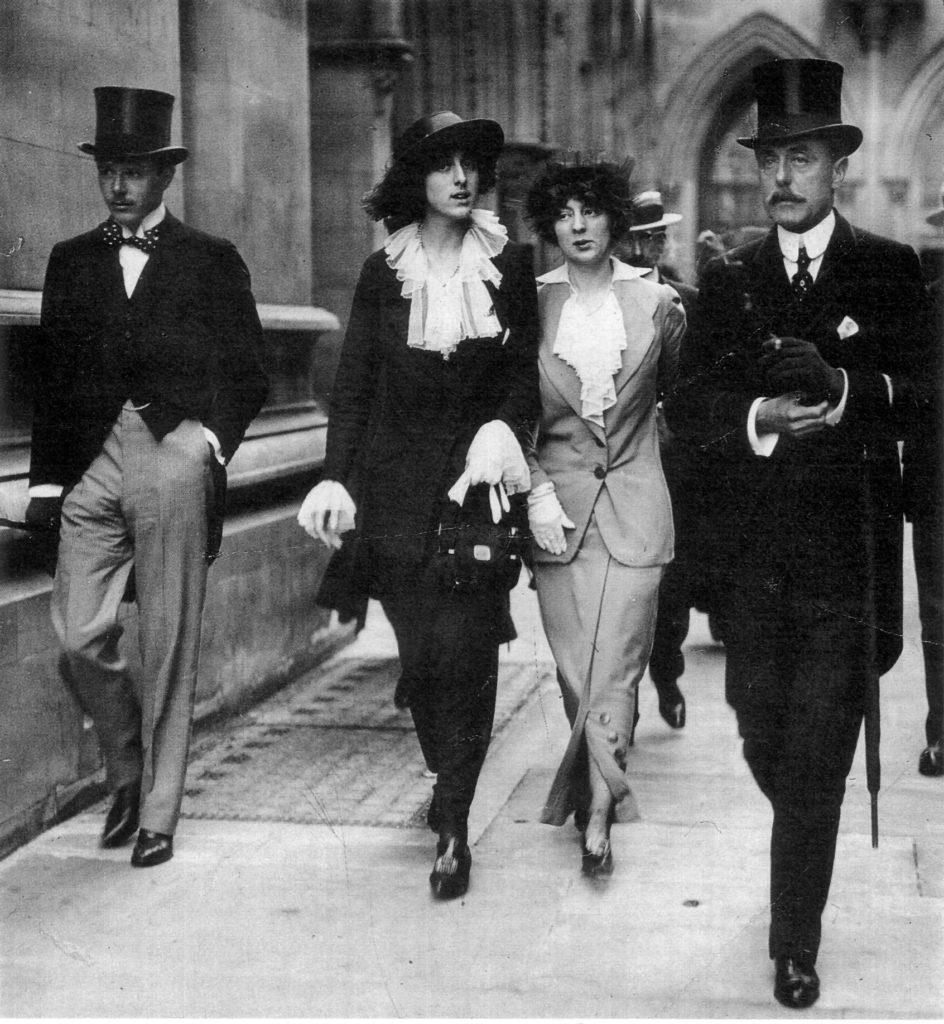Fascist salutes during a commemoration of General Franco. Credit: Jasper Juinen / Getty
There is great concern in the air today about totalitarianism. Few eras of peacefulness can have been so obsessed with their antithesis. In the US, discussion of President Trump – from the comedy shows to the opinion pages – fixates on his alleged authoritarian traits. The Right, meanwhile, sees the rise of far-Left ideologues such as Alexandria Ocasio-Cortez in New York as a sign of things to come. In the UK, everyone sees it everywhere. And the recent election of Jair Bolsonaro in Brazil will do little to keep people’s authoritarianism-detectors stilled.
Yet there is very little focus on the issue of how this political extremism grows: that it is not something that only happens to other people, but something that can theoretically grow in any of us; that it is worth trying to work out when or if your own side may have gone too far.
One of the best guides we have is the experience of people from history.
The diplomat, politician and author Harold Nicolson (1886-1968) was a relatively minor figure in the 20th century. But a knack for knowing all the right people and being around them at crucial moments helped make him a superlative diarist. He was at the Paris Peace Conference in 1919 and was a friend of almost everyone of significance in literature as well as politics. One of the most interesting aspects of his life was his friendship with Oswald Mosley.
Mosley was first elected to Parliament, in 1918, as a Conservative – but he soon became an Independent, and by 1924 had joined the Labour Party. In 1929, he was appointed Chancellor of the Duchy of Lancaster with special responsibility for unemployment in the Labour government of Ramsay MacDonald. It was the Great Depression, and between 1929 and 1931 the number of people out of work in the UK tripled to almost three million. MacDonald’s government was out of money and his socialists had no answers to the unemployment problem. Mosley had his own ideas of how to solve the unemployment problem and in 1930 resigned in frustration from the government. In 1931, he founded the New Party.
The New Party is a fascinating corner of British politics. At this point, Mosley was still a reputable figure. All three main parties were in contact with him, and his personal relations with politicians across the political divide remained remarkably close. It was during this period that Harold Nicolson was closest to Mosley.
It is clear from his diaries of the period that Nicolson was deeply impressed by Mosley and found him an energetic figure who had answers in a period otherwise dominated by enervation and dithering. Nicholas Mosley – Oswald’s son from his first marriage – once told me that he thought that the bisexual Nicolson may have been in love with his father. And it is certainly possible. So, when the New Party was formed Nicolson accepted Mosely’s invitation to join.

Nicolson tells his diary of his decision to join the New Party on February 4, 1931. Soon, he is meeting other prospective members, both with and without Mosley. By May he is telling his diary that Mosley is having difficulty restraining “the more active members of the party” who are begging him to do something dramatic. The party is at risk of attracting “eccentrics and people with a grievance”, in Nicolson’s view. But if they keep their heads, he counsels his friend, “we shall attract more serious people”. On May 30, Nicolson meets Harold Macmillan on a train:
He takes the usual young Tory view that his heart is entirely with the New Party but that he feels he can help us better by remaining in the Conservative ranks. He does not hesitate to admit that if we could obtain a certain number of seats in Parliament, most of the young Tories, all the Liberals and a large proportion of the youngish Labour people would come over to us. He anticipates the present Government being in power for another two years, followed by a Tory administration lasting some three years. He feels that five years from now, the New Party will have its great opportunity.1
But Mosley is not that patient. In June, another party member, Allan Young, invites Nicolson to join the party’s council and confesses to being uneasy about the possibility that the party might swerve to the Right “and be forced into Hitlerism”. Though there is talk of a potential revolution breaking out in Britain, Young “does not approve of the idea that we should meet communist force with fascist force”. Nevertheless, there are problems with the ‘Youth Movement’ of the party and questions start to arise about the ‘active forces’ that they seem to be becoming.

 Main Edition
Main Edition US
US FR
FR






Join the discussion
Join like minded readers that support our journalism by becoming a paid subscriber
To join the discussion in the comments, become a paid subscriber.
Join like minded readers that support our journalism, read unlimited articles and enjoy other subscriber-only benefits.
SubscribeAntifragile is his best work, in my view. Far more readable than Fooled by Randomness and Black Swan. Skin in the Game was a terribly self-indulgent rant that took an obvious but interesting idea and completely failed to explore it in any meaningful way. I’ve rarely been more disappointed in a book from an author I had read previously.